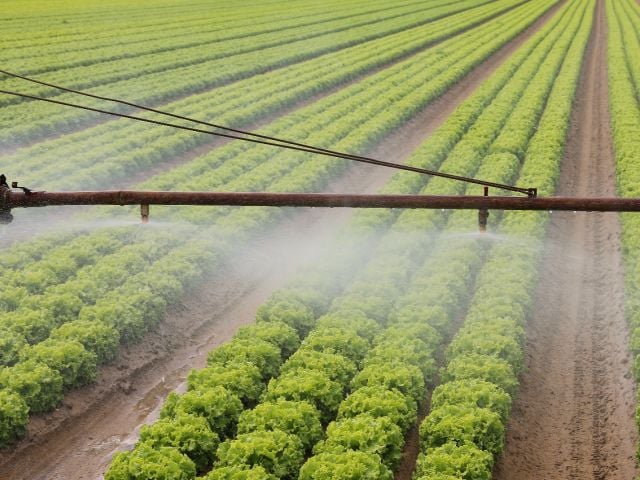
America’s water, soil and wildlife habitat have never been under greater assault from the ravages of modern industrial agriculture. And since industrial crop production is exempt from most federal regulations, farm bill conservation programs and policies like the conservation compact are often our only line of defense against erosion and water contamination by toxic agrichemicals.
Drought-Stricken Farmers Pay the Price for Failed Climate Bill
Troubled Waters: How farm pollution threatens drinking water (PDF)
Losing Ground: Across wide swaths of Iowa and other Corn Belt states, rich, dark soil is being swept away at rates many times higher than official estimates.
Unlimited Subsidies, High Prices Threaten “Prairie Potholes”
A retrospective and a look ahead on conservation compliance (PDF)
EWG fact sheet on cuts to conservation programs (PDF)
EWG fact sheet on clean drinking water and the conservation title of the farm bill (PDF)
Why Congress should honor the conservation compact
April 16 letter from conservation and environmental groups to House and Senate Agriculture Committee leadership urging them to honor the conservation compact (PDF).
The farm bill is a climate bill.
Letter from an environmental coalition to House and Senate Agriculture Committee leadership urging them to not cut conservation programs (PDF).
Honor the Conservation Compact: This compact between farmers and taxpayers has been one of America’s greatest conservation success stories.
The Farm Bureau Bogeyman: This op-ed appeared in the Des Moines Register on January 27, 2012.
Top Ten Reasons to Reject the House Farm Bill
Plowed Under: High crop prices and unlimited crop insurance subsidies contributed to the loss of more than 23 million acres of grassland, shrub land and wetlands between 2008 and 2011.



.jpg?h=827069f2&itok=jxjHWjz5)